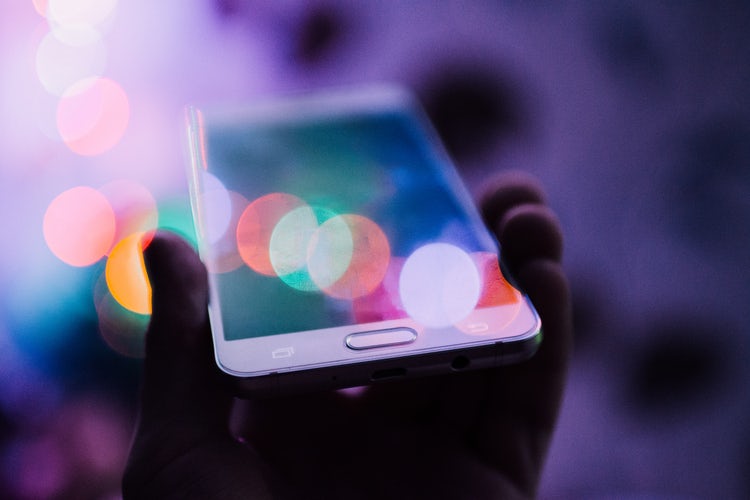By: Shamil Ibragimov
Photo Credit: Rodion Kutsaev on Unspalsh.com
In the early 1950s, professor Solomon Asch conducted an experiment to investigate the extent to which social pressure from a majority group could cause a person to conform. Asch found that one of the situational factors that influences conformity is the size of the opposing majority and that 75% of participants conformed at least once, even when they knew their answer was wrong.
This experiment is an excellent example of how the majority opinion can influence decisions, leading to the acceptance of something even if one does not agree with it. Few people are aware of just how much the immediate majority around them influences their opinion.
Human behavior is thought to spread through face-to-face social networks, but it is difficult to identify the effects of social influence in observational studies. When virtual social networks were first created in the early 2000s, society as a while did not fully understand their potential to influence people’s decisions. Recent experimental studies have attempted to measure the causal effect of social influence online. There is also increasing interest in the ability to use online social networks to study and influence real-world behavior.
Before the advent of large social media networks, people’s opinions were mainly formed by traditional media and intensified in interaction with their friends, relatives, and colleagues. However, the growth of social media in recent years has resulted in increased interactions between people who would not otherwise be communicating with each other. At the same time, the news feeds in social media have shifted to mirror individual preferences, interests, and biases, which makes people less likely to be aware of or believe in views that are alternative to their own.
There are a number of studies that explain the negative effect of social media, including decreased productivity, cyber-bullying, blurring of privacy, and a false sense of connections. As with any other new technology, we do not fully understand its threats and benefits. It is difficult to estimate which effects prevail and how we can eliminate bad effects while enhancing the good. We have a poor understanding of social media’s effect on society and individuals, and we often propose simple solutions to complicated issue.
In June 2017 following London Bridge terror attack, British Prime Minister Theresa May called for new regulation on social media content. “When it comes to taking on extremism and terrorism,” May said, “things need to change.” And one of those things was the behavior of social media companies, which should not give extremism a place to breed. “Yet that is precisely what the internet – and the big companies that provide internet-based services – provide,” she continued.
Election manipulations, as well as the spread of unfiltered hate, bullying, misinformation, radical and extremist ideas, have created the perception of the need for government agencies to regulate the internet. However, such regulation has a strong potential for slipping into the realm of George Orwell’s seminal novel 1984, in which the government’s “Thought Police” rule by force. One may say that social media should be regulated just as any other media. But the difference is that social media is social – it is a mixture of different opinions. In the fight with fake news and misinformation, the most feasible solution is to provide alternative information. Democracy is a strange idea, in that it puts complex problems to a plebiscite. To work best, it requires an informed citizenry with critical thinking and reading skills. If we consider online social networks as just another form of public space for reflection of our global society, should we agree that government regulation of social networks is a well-founded need? Should we not focus instead on education, critical thinking and culture development? Social media helps spread ideas, build social capital, engage people in discussions, empower civic activism and increase citizens power. First, we fight extremism in social media, but then, one government may call civic disobedience as a form of terrorism.
In a time of shrinking civic space, social media is the last arena for civic debates in many countries that do not have the level of free speech present in Europe and the United States. , but government regulations would stifle the ability of the public to express themselves and communicate with each other.
